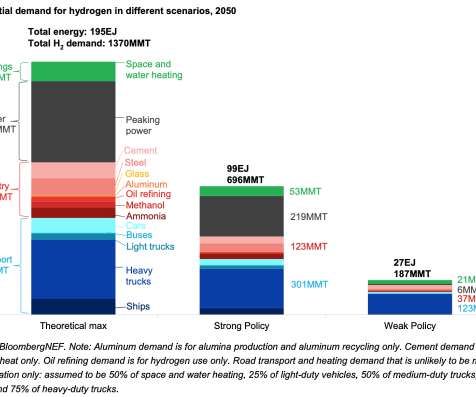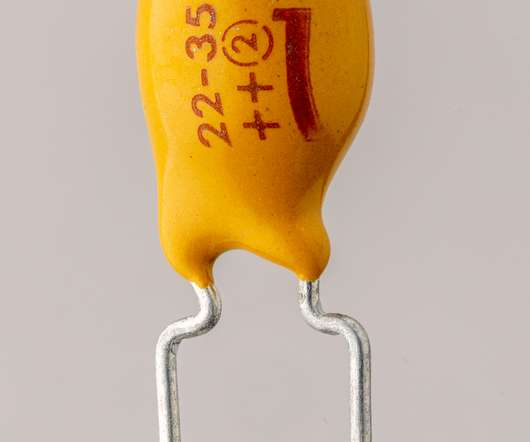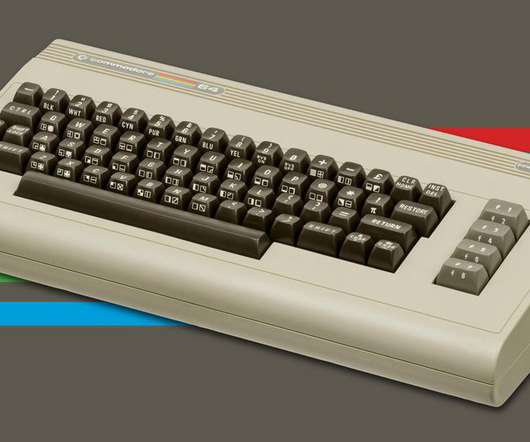Harvard team demonstrates new metal-free organic–inorganic aqueous flow battery; potential breakthrough for low-cost grid-scale storage
Green Car Congress
JANUARY 11, 2014
AQDSH 2 refers to the reduced form of AQDS. Quinones are naturally abundant, inexpensive, small organic molecules, and similar to molecules that store energy in plants and animals. Flow batteries store energy in chemical fluids contained in external tanks, as with fuel cells, instead of within the battery container itself.

























Let's personalize your content